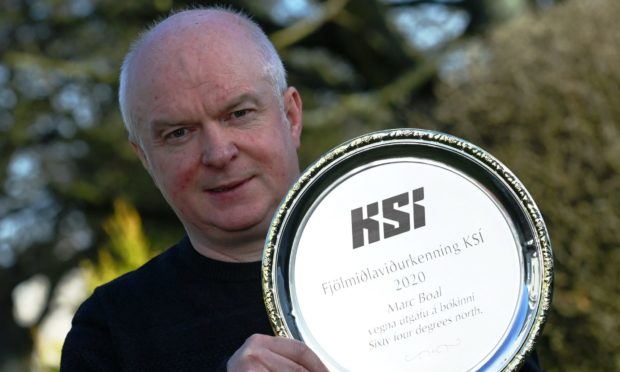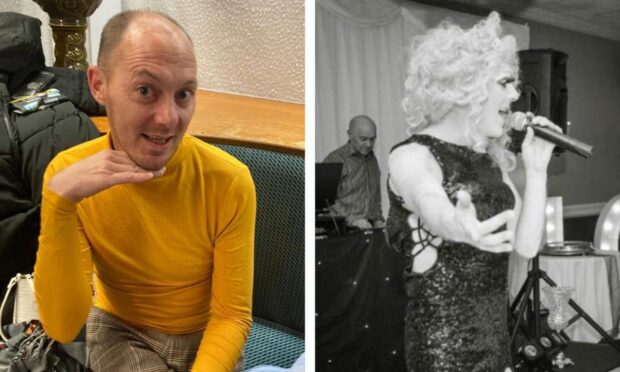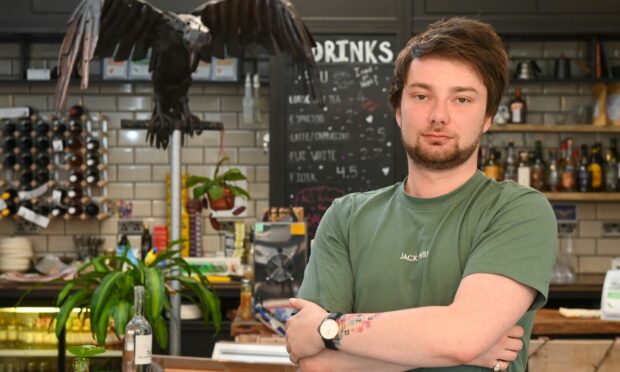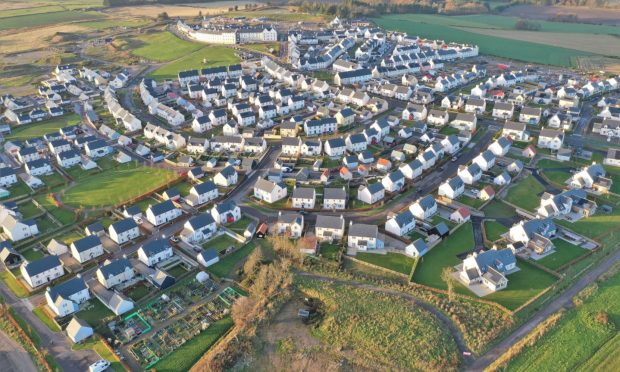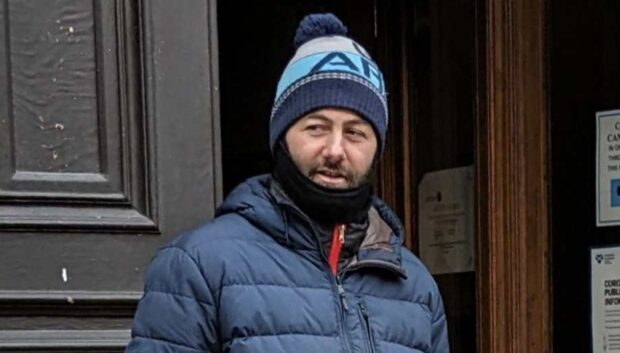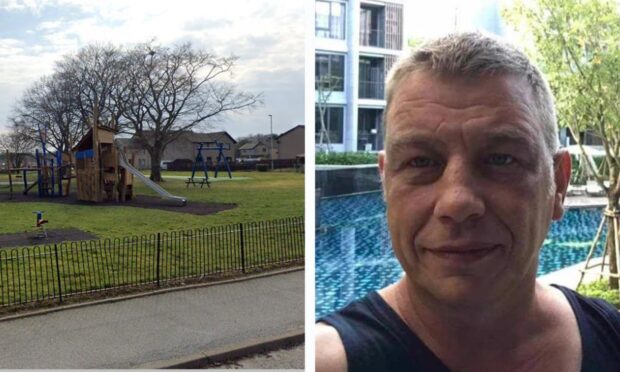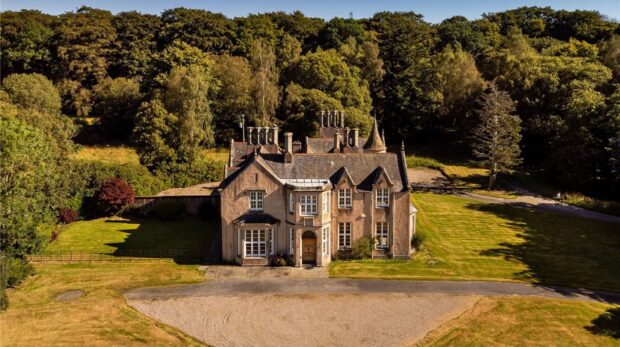After penning a book on all things Icelandic football, an Aberdeen man has become the first non-native to win a prestigious media award in the country’s history.
When his own professional dreams came to an end, Marc Boal, from Dyce spent decades fostering footballing links between the north-east and Iceland.
After exploring the history of the Icelandic game as well as Scotland’s significance upon it, he has been awarded a media prize by the country’s FA.
As the only recipient of the award outside of the nation, Mr Boal fought off stiff competition from documentary makers and TV stations to secure the prize.
His book, Sixty Four Degrees North, is now on sale across the world and will be used in gift packages for dignitaries visiting Iceland.
The 48-year-old said: “It was a huge surprise when I received the call saying I had won.
“The award, which is presented at the Icelandic FA’s yearly AGM, has never been given to someone out of the country.
“Usually it goes to one of the big TV stations or documentary makers, one of the authors that I was up against was finishing his 40th book on Icelandic football, so it was a real honour.”
His relationship with Icelandic football began in 1986 when, as a youth, he played against several Icelandic teams while they were on tour in Scotland.
Despite having spent most of his employed life working as a chef on ferries bound out of Orkney, he never lost his love of football and played at a high amateur level until he turned 39.
He has since spent his time as the writer and editor of his own magazine on Icelandic football, as well as utilising his connections in both Scotland and Iceland to organise matches and tours between teams from both nations.
Under normal circumstances the Icelandic FA would have flown him from his home in Dyce to Reykjavik to pick up the award, with all the pomp and ceremony that the accomplishment is due.
However, due to coronavirus, the award was instead posted to Aberdeen and celebrations had to take place online.
While publishing his own book has been an ambition, his dreams of furthering Icelandic football and the place it holds on a global stage don’t stop there.
Working as the UK co-ordinator for Thróttur Reykjavik, using connections in both the Scottish Premier league and the top tier of the Icelandic game, he has sought to facilitate loan moves, training camps and long-term relationships between the two nations.
While Icelandic football on a competitive level started in 1912, its origins can can be traced back nearly 20 years earlier – to Scotland.
It was then that the owner of a printing company based in Reykjavik reached out across the ocean seeking a qualified printer.
Glasgow-born James B Ferguson answered the request.
A keen sportsman, he immediately set about founding the Reykjavik Gymnastics Club and introduced football to the Island, coaching youngsters in his spare time.
While he only stayed a year, his impact on the sporting future of the country was significant.
Inspiring many with his own passion of the beautiful game, Fotboltafelag Reykjavikur (KR), the nations first football club was founded in 1899.
Many of the youths who had been coached by Mr Ferguson went on to play in the team’s starting 11.
With no stadiums or pitches to speak of, those wanting to kick on in the sport had to clear stones and debris to form makeshift pitches.
It wasn’t until 1918 that the four biggest teams in the country came together and locked horns in for the first time in a league competition.
Now, the island nation which has a population comparable to Aberdeen, continues its love affair with the sport.
Every school has its own five-a-side pitch and one in 500 Icelanders is a qualified UEFA coach.
And in 2018 the national football side launched themselves firmly into the international glare when they won seven of 10 World Cup qualifying games.That propelled them into FIFA’s top 20 rankings and qualification for 2018’s World Cup in Russia – the first time in the nation’s history they had qualified.
